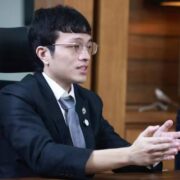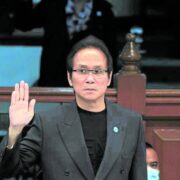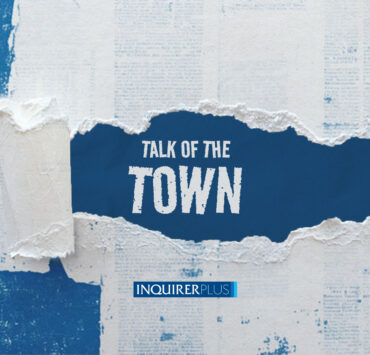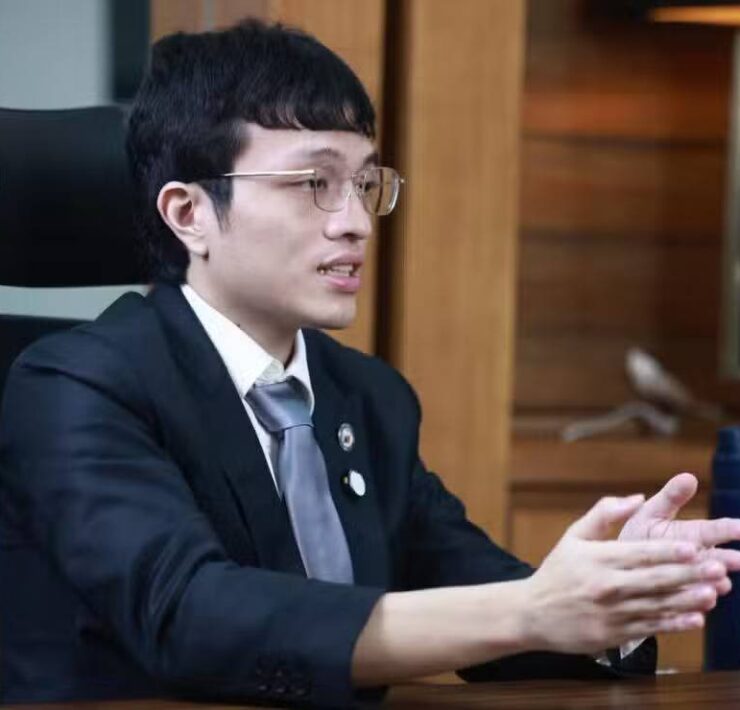TikTok and teacher ethics
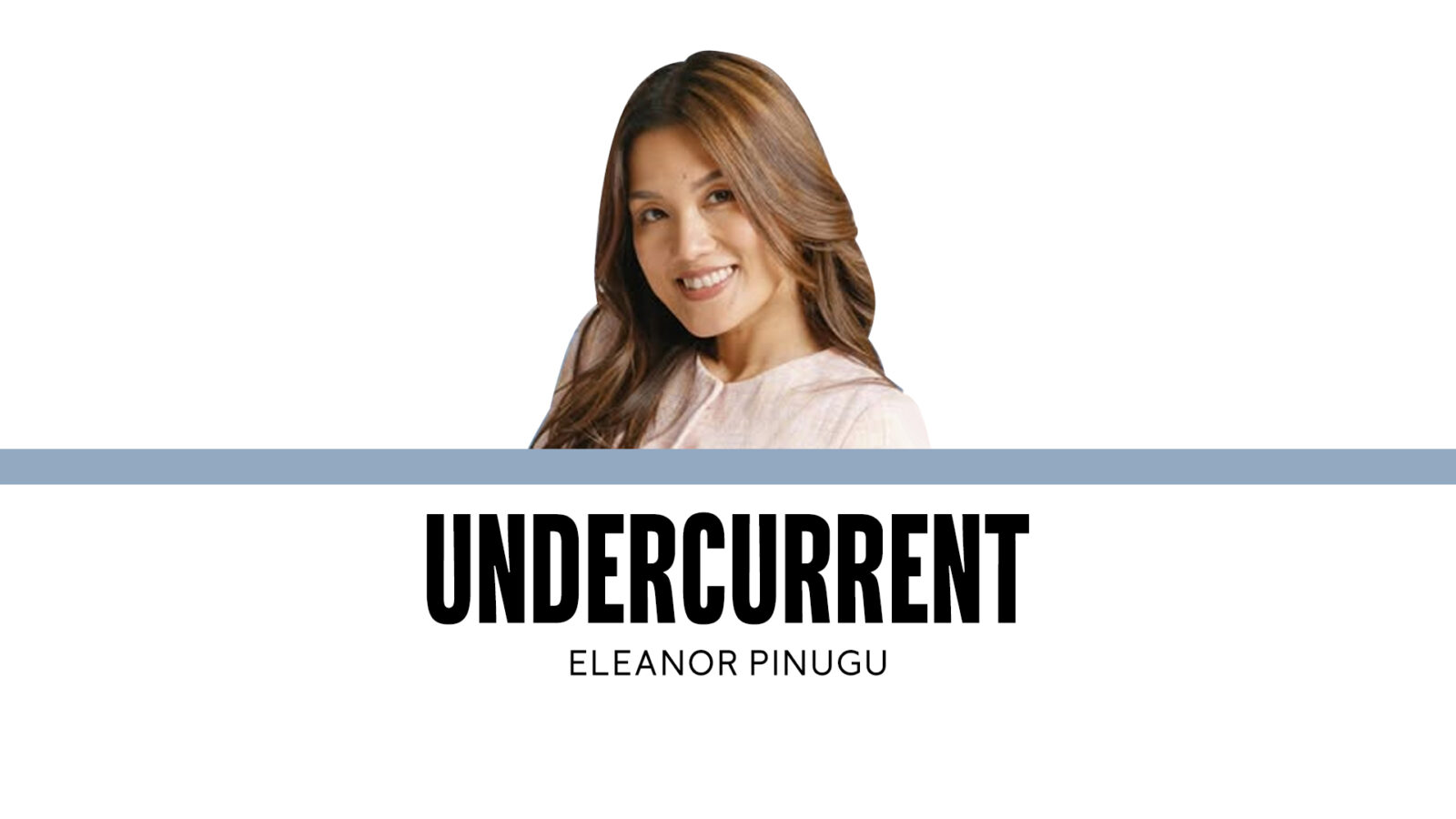
There is a recent post on the r/studentsph Reddit thread from a public school student complaining that his Physical Science teacher is more concerned about creating content for TikTok than actually teaching. While in class, the teacher reportedly spent much of her time recording classroom videos, often featuring her students without their permission. When their finals came, the teacher allegedly promised a passing grade to anyone who followed her on TikTok and YouTube. The student shared that he got a 95 percent on his report card, but was unsure about the basis for his grade since he performed poorly on the exam.
This is not an isolated story. Online forums are filled with complaints from students (and teachers) about how social media is being misused in school—not by the young people—but also by faculty members. Just last year, a public school teacher came under fire after live streaming herself on TikTok while berating her class. In the viral clip, she can be heard calling the students “ugaling-iskwater” and ungrateful, saying they will amount to nothing in life. The video raised questions not only about the line between discipline and verbal abuse in the classroom but also about whether teachers understand the ethical boundaries of social media use.
There is no doubt that online platforms can enhance the learning experience. During the pandemic, many teachers used them creatively to teach important topics when face-to-face classes were impossible. There are also various best practices of bite-sized professional development videos produced by more seasoned educators to coach new teachers. Used thoughtfully and responsibly, these platforms can make learning more accessible and more engaging, especially for digital-native students.
But as the cases show, the same platforms can compromise education. The drive to produce social media content risks turning teaching into a performance where optics matter more than educational outcomes. Even worse, it can violate student privacy and dignity by treating them as props for their teacher’s social media and subtly pressuring them to like and subscribe by tying their grades to post engagement.
There are also instances when professionalism could be compromised by one’s online persona. In one widely watched TikTok video, a teacher performed, while in her school uniform, a trending dance challenge that included some mildly suggestive moves. Her post even included the hashtags #deped and #depedteacher. What may seem like innocent fun could undermine the authority and respect that teachers need to effectively guide their students.
Ideally, school leadership should be at the forefront of regulating the social media use of teachers and staff. The challenge, however, is that some supervisors do not always recognize problematic practices and may be the ones inadvertently enabling improper social media use. Some teachers shared online that their own department heads are the ones encouraging them to produce reels to help promote the school.
This highlights the urgent need to develop proper guidelines that respond to the fast-moving digital culture that educators now inhabit. When it comes to maximizing the potential of technology and mitigating its risks in the classroom, I find that a clear and context-sensitive solution works best. As a nonprofit school, we recognize the value of documenting best practices and sharing scholars’ stories to engage donors and partners. But this is done under specific conditions: content creation is scheduled and consent is secured from parents and students beforehand. By having clear boundaries, we preserve the integrity of the classroom while still telling the stories that sustain our mission.
The Department of Education (DepEd) Zamboanga del Sur has already taken steps in this direction. Last March, they issued a memorandum prohibiting teachers from recording or live streaming videos during instructional time and from including students in online content. The memo emphasized the need to protect student privacy, ensure uninterrupted delivery of lessons, and maintain professionalism by discouraging vlogging during school/office hours or while in uniform. As of writing, however, this directive has not yet been adopted nationwide.
The public school system would benefit from stronger guardrails. A nationwide study on how social media is currently being used by teachers could inform updated guidelines and retraining programs on the ethical use of digital platforms. From these, clearer and enforceable DepEd guidelines could be developed that allow for creativity and self-expression among teachers while respecting boundaries, student welfare, and professionalism.
Social media can be a powerful ally in engaging learners, but the line must be clear: students are not props and schools are not content studios. Education in the country is already challenged by limited resources and learning gaps; it cannot afford to be compromised further by teacher influencers who take up valuable classroom time to produce self-serving content. Our role as educators is to impart knowledge and shape character, not to perform for likes and views.






